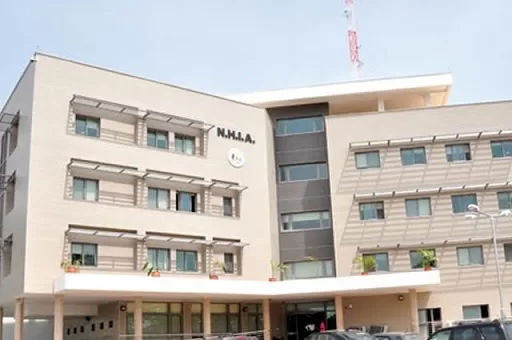Following its establishment in 2003, the National Health Insurance Scheme was intended to provide equitable access and financial coverage for basic health care services to all Ghanaians.
But more than two decades after its establishment, the scheme appears to be struggling.
At the Korle Bu Teaching Hospital, which is the nation’s biggest referral health centre, patients from far and near come to receive medical care.
However, quality healthcare here comes at a cost, even with a valid National Health Insurance card.
Cecilia Borden is a mother whose son was knocked down by a car in the central region where they reside.
He was rushed to the Effia Nkwanta Hospital in the Western Region, but the son had to be quickly transferred to the Korle Bu Teaching Hospital owing to the severity of his injuries.
Cecilia shares how she has had to pay more money than she thought she would, after being told that the Health Insurance does not cover most of the medication needed for her son’s treatment.
In one of the corridors of the Hospital is a pensioner and former staff of the Korle Bu Teaching Hospital.
His old age and deteriorating health mean he frequents the hospital for medications and health advice.
But he is worried his National Health Insurance card does not cover the cost of most of his medications.
He often has to postpone his doctor’s appointment even at the risk of complications if his pension fund does not hit his account early. Without it, he wouldn’t have the cash to cover his medication costs at the hospital.
In 2022, the National Health Insurance Authority added treatment of four childhood cancers to the National Health Insurance Scheme’s Benefit Package but several concerns continue to emerge about the effectiveness of the Scheme and why it no longer covers the costs of some of the most basic diseases.
Just like Cecilia, Belinda Quaye is also a mother who brought her sick daughter to the Korle Bu Teaching Hospital for treatment.
But her heart sank when she learned that most of the medicines the doctor prescribed for her daughter weren’t covered by the Health Insurance Scheme.
In the various parts of the hospital, patients continue to feel the pinch as they’re asked to pay either extra for services at hospitals or the scheme does not cover some basic services they expected it should cover.



















